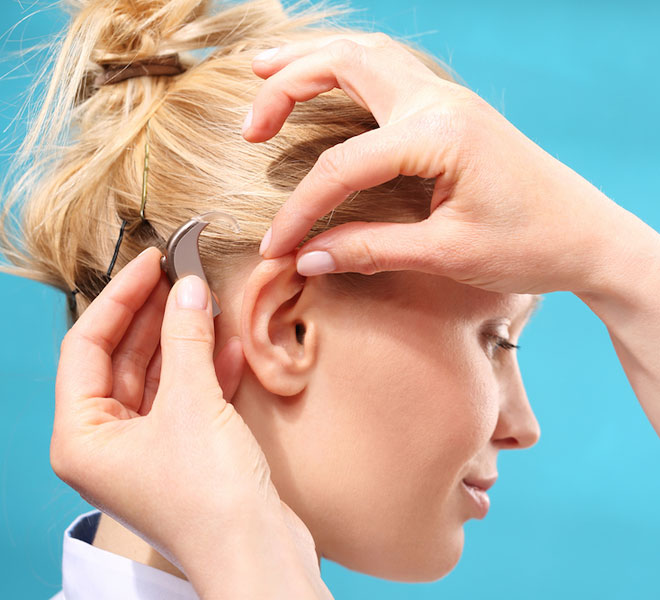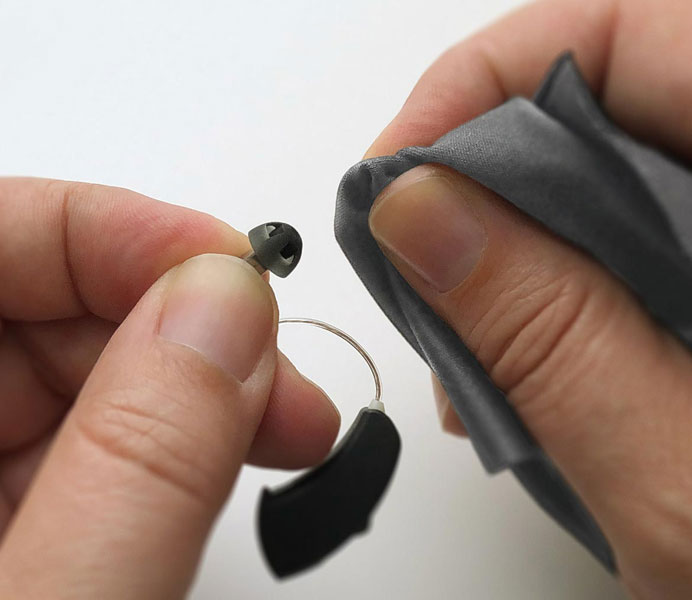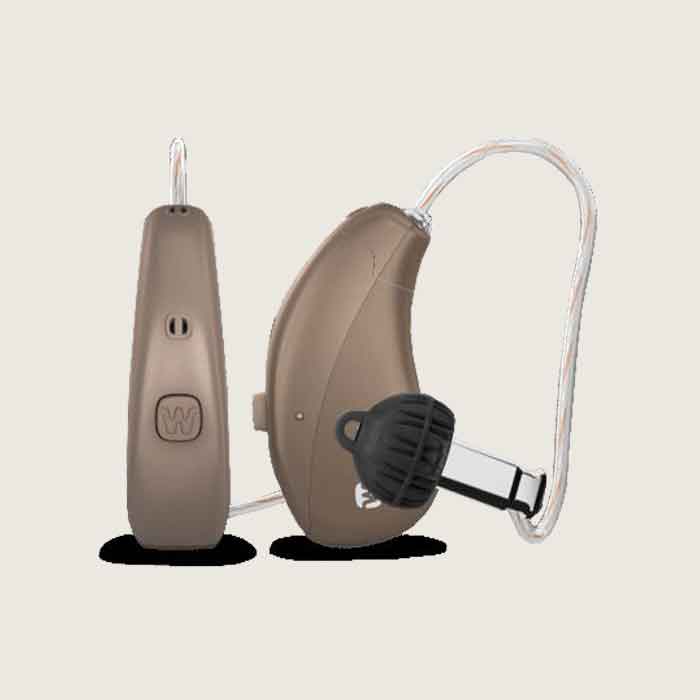When should we replace our hearing Aids?
As technology continues to advance, so do the capabilities of hearing aids. These remarkable devices have transformed the lives of millions of people with hearing loss, enabling them to communicate effectively and participate fully in daily activities. However, like any technology, hearing aids have a limited lifespan. Knowing when to replace your hearing aids is essential to ensure optimal hearing health and maintain a high quality of life. In this blog, we will explore the signs that indicate it may be time to replace your hearing aids.
1. Age of the Hearing Aids
One of the primary factors to consider when deciding whether to replace your hearing aids is their age. On average, hearing aids last between three to seven years, depending on the make, model, and how well they are maintained. As hearing aid technology continues to evolve rapidly, older devices may become outdated and lack the advanced features and improvements of newer models. If your hearing aids are more than five years old, it may be worthwhile to explore the benefits of upgrading to the latest technology.
2. Changes in Hearing Needs
Hearing loss is a dynamic condition that can change over time. It is essential to have regular hearing evaluations to monitor any shifts in your hearing abilities. If you notice a significant decline in your hearing or changes in your hearing needs, it may be time to replace your hearing aids. Upgrading to new devices with improved features, such as better speech recognition, noise reduction, and directional microphones, can enhance your listening experience and help you adapt to your changing hearing requirements.
3. Wear and Tear
Daily use and exposure to various environmental conditions can cause wear and tear on your hearing aids. Over time, components may become damaged or worn out, resulting in reduced performance. If you experience recurring issues with your hearing aids, such as sound distortions, feedback, or inconsistent performance, despite regular maintenance and repairs, it may be an indication that it’s time to replace them. Newer models can offer improved durability and reliability, ensuring a more consistent and enjoyable hearing experience.
4. Lifestyle Changes
Changes in your lifestyle can also impact your hearing aid needs. For instance, if you have recently retired and plan to spend more time in social gatherings, or if you have taken up new hobbies or activities, you may require hearing aids that are specifically designed to address these situations. Upgrading to hearing aids that cater to your specific lifestyle can significantly enhance your ability to engage and communicate effectively in different environments.
5. Technological Advancements
Hearing aid technology has witnessed remarkable advancements in recent years. Newer models come equipped with cutting-edge features like Bluetooth connectivity, smartphone compatibility, rechargeable batteries, and AI-driven algorithms that adapt to your listening preferences. These features can make a substantial difference in your overall hearing experience. If you find that your current hearing aids lack these modern features, it might be an excellent time to explore the possibilities offered by the latest technology.
Conclusion
Knowing when to replace your hearing aids is crucial for maintaining optimal hearing health and quality of life. Factors such as the age of your hearing aids, changes in your hearing needs, wear and tear, lifestyle changes, and technological advancements should all be considered when deciding whether to upgrade. Regular consultations with your audiologist, hearing evaluations, and staying informed about the latest advancements in hearing aid technology will help you make an informed decision. By recognizing the signs and staying proactive, you can ensure that you always have the best possible tools to support your hearing and communication needs.




